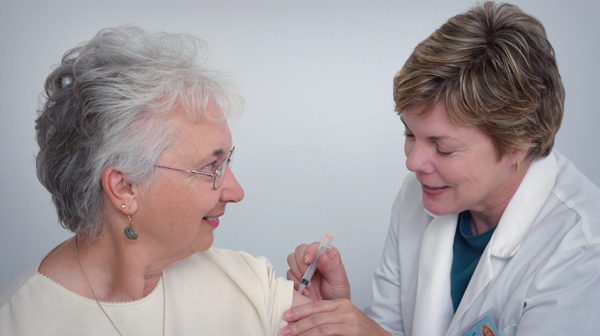
Older People and Trauma Informed Care
Over the course of lives, many older people have experienced one or more potentially traumatic events. The impact of trauma can continue to affect people throughout their lives.
One of the requirements of the Mega Rule 3 is to provide trauma-informed care for our nursing home residents. Trauma-informed care is the understanding and sensitivity to triggers of trauma survivors, so the care we provide can be supportive and avoid re-traumatization.
Trauma-informed care can be viewed as an all-embracing philosophy and a set of universal precautions designed to be both preventive and rehabilitative. It creates a setting that is sensitive to the relationship among the environment, triggers, and perceived dangers of our residents. These potential factors are noted and addressed for each resident.
Older people may also experience trauma later in life, so they may also be coping with recent traumatic events. These traumatic events may be related to the aging process itself, including increased dependence on caregivers, and a series of losses, for example:
- Loved ones
- Their own physical abilities
- Their own cognitive and mental abilities
- Their roles in life-both social (teacher lawyer, cook, etc) and familial (wife, husband, sister, etc.)
- Their home
- Ability to drive
- Some may experience neglect or elder abuse
Why do they do that? Behavior as way of communication.
Behavior can be an important form of communication. Paying attention to someone’s behavior can help us better understand what they need. Sometimes, the traumatic behavior a resident exhibits can be misunderstood or misdiagnosed. This behavior might include things like confused thinking, irritability, and impulsiveness. Of course, sometimes these behaviors are caused by things other than trauma, so we also need to assess these behaviors as possible:
- Dementia
- Psychosis or psychiatric illness
- Being intentionally difficult or oppositional
When seeking to understand behavior, all of these possible causes are important to consider, adding prior trauma as a possibility improves our ability to understand our residents.
The Screening and Assessment tools provided on our website can assist with this understanding.





